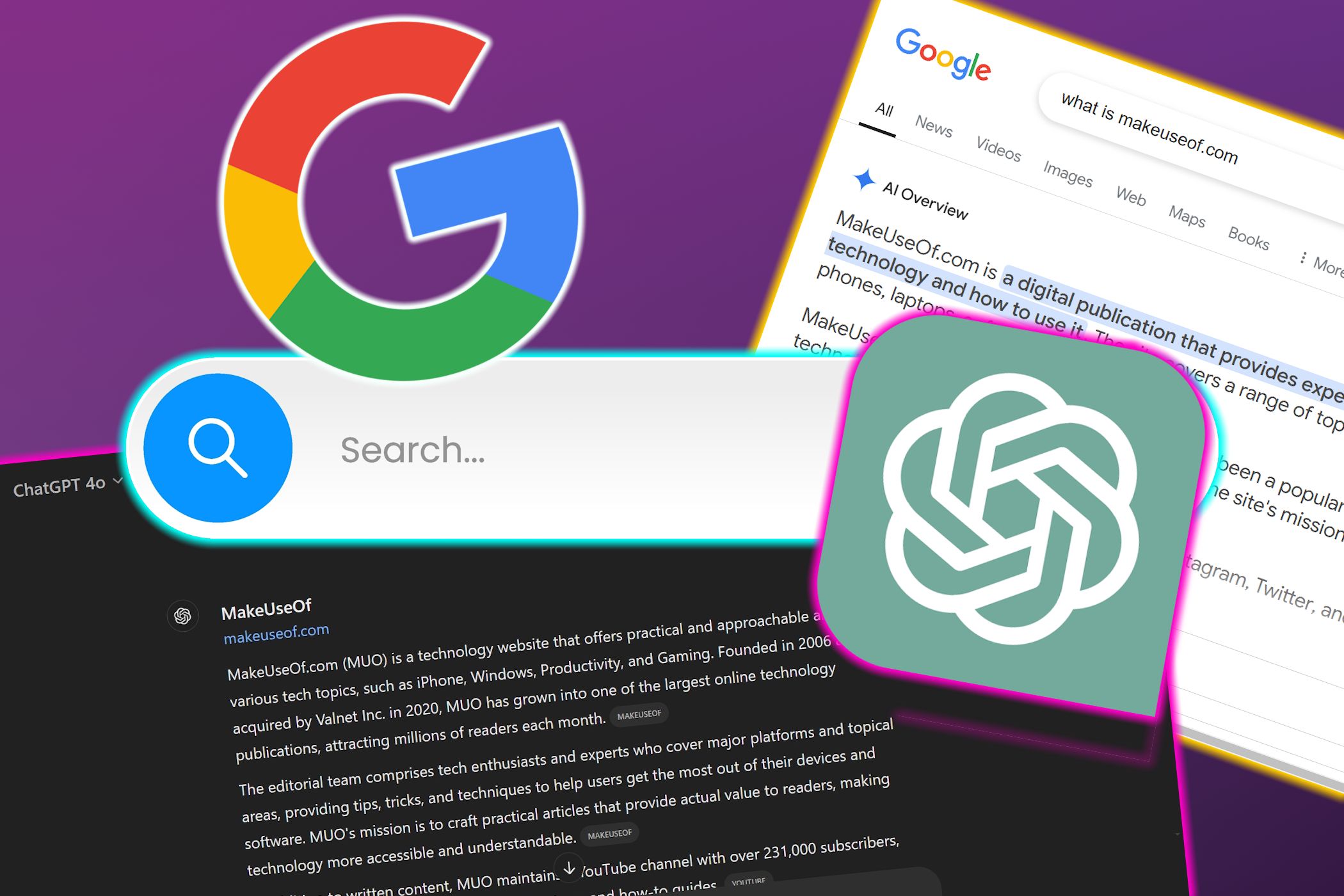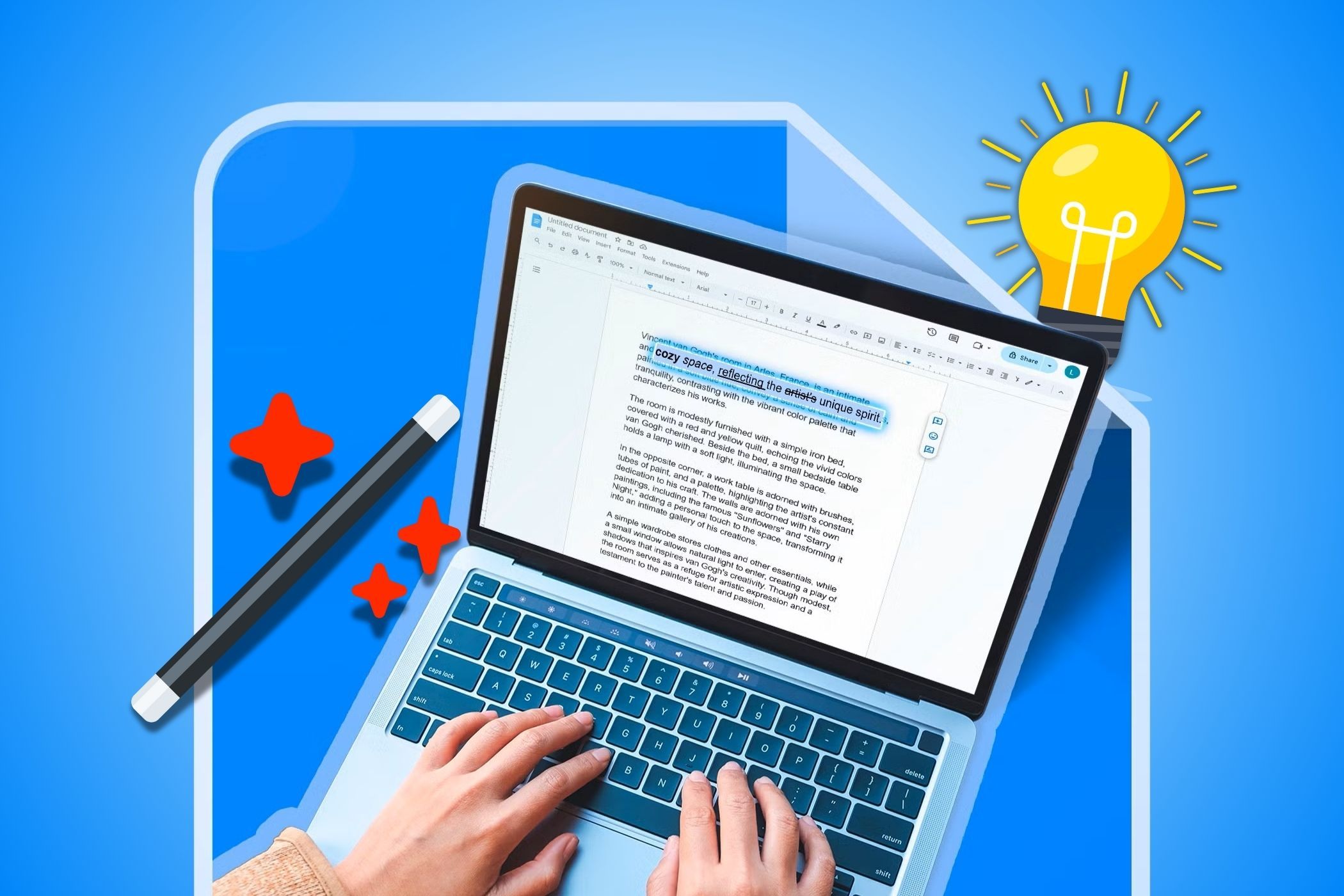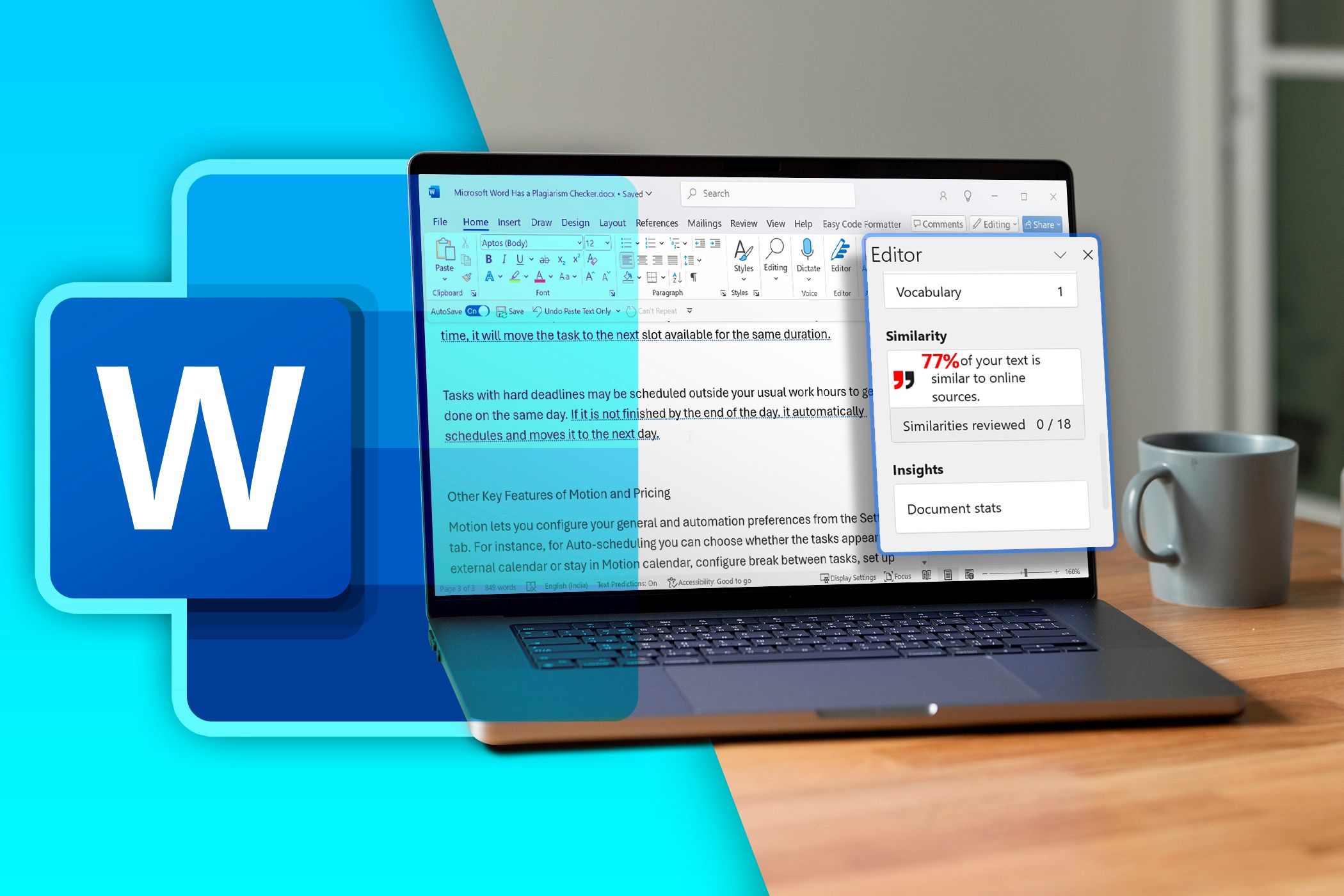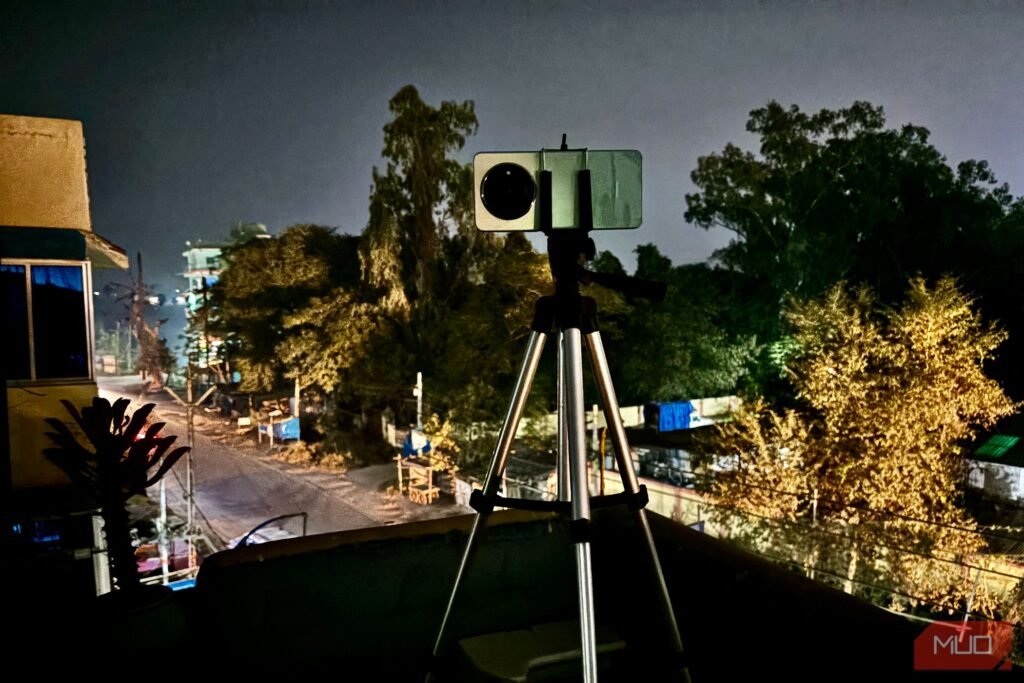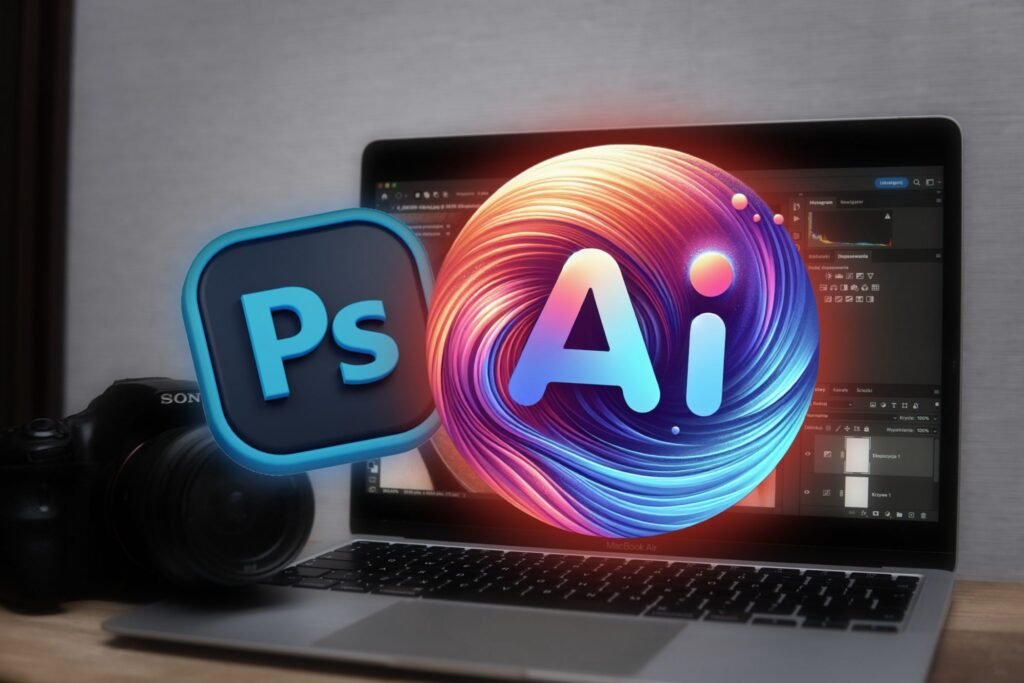AI is an excellent tool for generating ideas, but I wouldn’t trust it to create personalized long-form content for me. From personal experience, even some of the best tools have their limitations in these areas.
1
AI Lacks My Unique Experiences
While the content I create must be informative, I also think that it needs some personality. AI is pretty good at regurgitating information that already exists, but it doesn’t have my personal experiences.
Even if I fed AI a prompt that discussed my background, it still wouldn’t have lived every moment of my life. For this reason, it’ll always be limited in this respect. This is one of many reasons why content writers shouldn’t rely on AI chatbots.
If you must use AI to generate personalized content, you still need to edit it later. This is the case with both longer-form articles and social media posts.
2
I Only Want to Write About Topics I Have Expertise In
While I’m a quick learner, I also recognize when my knowledge of a topic isn’t deep enough to write about it authoritatively. I’ve actually held back from writing guides on my travel blog for several years due to lacking key information at the time.
I’ve seen a lot of bloggers write AI-generated content about topics I have first-hand experience in, and the lack of accuracy irritates me. When you know about a subject (and you’re passionate about it), you can very clearly tell when someone doesn’t have experience in what they’re talking about.
One major problem with ChatGPT and other AI chatbots is that many people think what they receive is the end result. But it isn’t; at the very least, you should review the answers. Which brings me to my next point…
3
AI Is Often Factually Inaccurate
Whether you’re a writer, podcaster, or other form of content creator, factual accuracy is imperative for your credibility. Although I think that AI tools like Perplexity can help you research more efficiently, you still need to double-check that everything you publish is accurate.
The very fact that AI often makes errors is enough reason for me to not rely on it for personalized content. Best-case scenario: inaccurate content impacts your credibility. At worst, it could result in legal action being taken against you.
If you’re going to use AI for fact-checking, it’s a good idea to take courses like Google’s AI Essentials program. That way, you’ll know exactly how to conduct your research.
4
AI Can’t Write in My Tone
When experimenting with Claude Artifact and ChatGPT Canvas, I found it quite easy to change my article’s tone of voice. I could move the slider up or down based on what I wanted the text to sound like. However, these chatbots still couldn’t write in my exact tone.
Instead of editing my tone within these apps, I find it much easier to just write as usual and adjust the text thereafter. AI tools like Grammarly can help with this, but even then, I don’t take all of its suggestions as absolute gospel.
Tone of voice is something that comes over time, so don’t worry if you’re a new writer. My best advice is to write the way you speak in conversation, and then adjust the text as needed later on.
5
Relying on AI Makes Me Complacent
I’ve noticed in other creative fields that relying on AI can make me complacent. For example, when using Lightroom, I relied far too much on the Denoise tool, and in some cases the results were nowhere near what I’m capable of doing myself.
AI promises to be an all-in-one tool. You write the prompt, wait a few minutes at most, and receive a full-length article, video, or whatever else. Sounds like a dream, doesn’t it?
This is where you need to think about how AI chatbots impact content creation. If you rely too much on these tools without making any changes, the quality of your work will eventually suffer. You may get results in the short run, but there will be long-term consequences.
Instead of relying solely on AI, I’d much rather focus on how I can use it to complement my skills. So far, I’ve found using AI to generate ideas is the best way to do this.
6
I Like Improving as a Creator
I wake up at 5 am every morning without an alarm because I’m excited to get better at writing and photography. I’ve gone through phases where I simply coasted without pushing myself, and I can confidently say that those were some of the most unfulfilling and miserable times in my life.
Learning how to use AI tools as a creator is one way to get better, but it’s not the only way to improve at making content. I like the challenge of stringing sentences together, getting better at search engine optimization (SEO), and all the other aspects that make a great digital creator.
7
AI Content Is Often Generic
Every time someone tells me that any creative field is too saturated, their words go through one ear and out the other. Some would say “stubborn”; I personally like the term “growth mindset”. You just need to find a way to stand out if you want others to discover your work.
And here, as it goes, is another problem I have with trusting AI to generate personalized content. Lots of stuff that people create with AI is quite generic, and you can tell from a mile off.
Besides enjoying the challenge of creating my own content, I don’t want to post something that you could find anywhere else. Even if it’s a topic that’s been discussed thousands of times before, it must be original.
8
AI Content Often Falls Under Plagiarism
The ease of replicating AI content isn’t just a problem of being unoriginal. In more serious cases, you could be guilty of plagiarism without realizing it.
When you create any kind of content with AI, you’ll get information already available online. This isn’t always rephrased and can lack originality, and it’s also possible that someone else has posted something similar before you.
Issues like this are why some people don’t think AI should be in any creative apps or software. It’s absolutely vital that even if you use AI for inspiration, your content is original. Otherwise, you could face serious repercussions.
Despite AI having some advantages for content creation, I wouldn’t trust it for generating personalized content from scratch. I might draw inspiration from existing content and make it my own—but simply copying and pasting is off-limits. I think AI is better for idea generation than outright creation.



